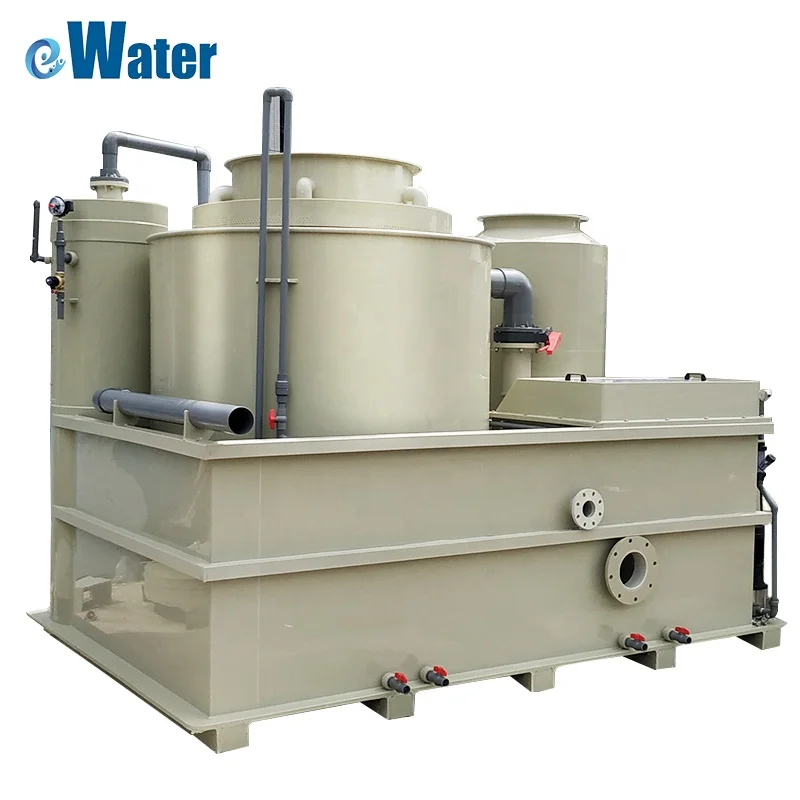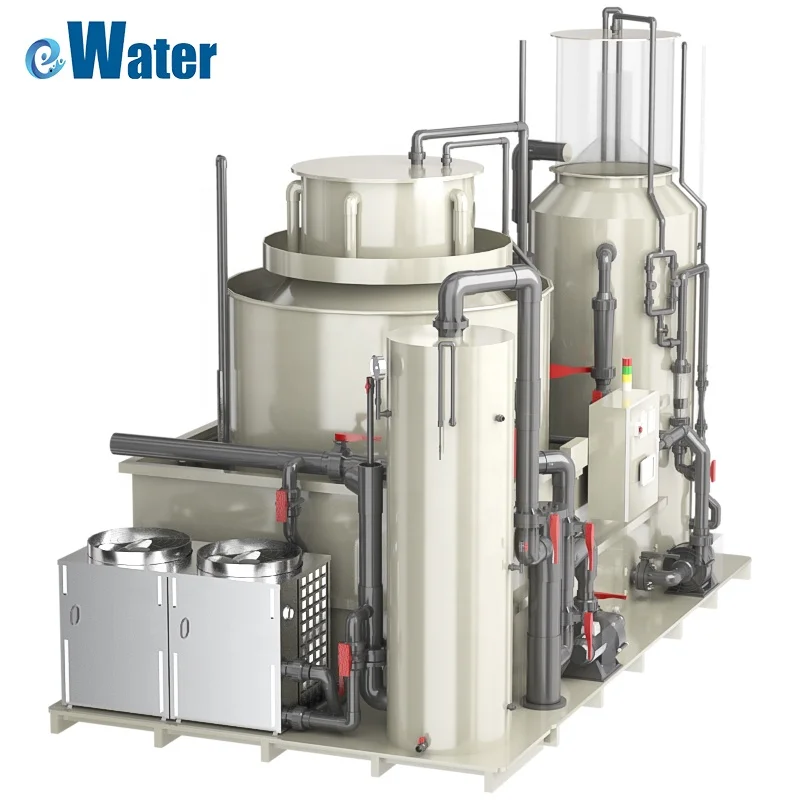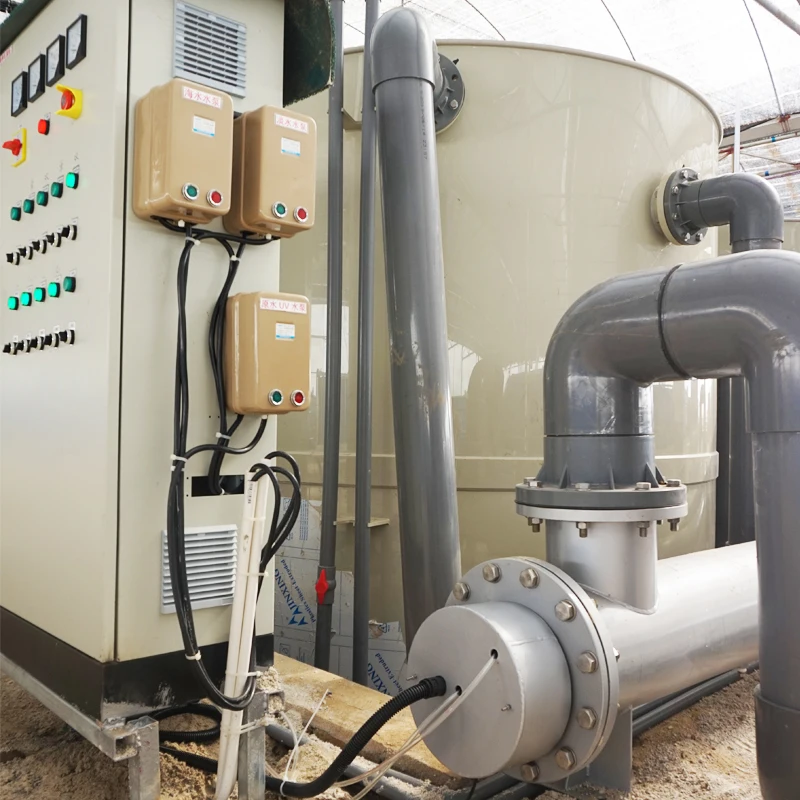Tilapia are water dwelling creatures. They are also known for being yummy to eat and easy to care for. One of the things that are interesting about tilapia is the way they reproduce. Eggs laid by female tilapia must be protected and kept warm until they hatch.
You also would need an incubator if you want to hatch tilapia eggs. They would do this in a warm, safe space, not so different from an incubator — a special box that keeps the eggs at just the right temperature until the chicks come out. For home use, you can even have your own small-scale Tilapia ras system you could build out of a plastic tub with a heater and water. You must also put the eggs in the incubator carefully, and watch over them to ensure that they are appropriately and safely developing.
One way to increase the success of incubation of the tilapia eggs is to keep the incubator in a proper temperature. To hatch properly, tilapia eggs must remain at a temperature of between 80-85 degrees Fahrenheit. You may use a thermometer to measure the temperature and turn on / off the heater as required. Keep the water in the incubator clean and free of grit or dirt as much as possible so that the eggs remain healthy.

Hatching tilapia can be challenging, but with a few tips, you can improve your success. One important bit of advice is to ensure the eggs are receiving enough oxygen. This can be done by lightly mixing the water in the incubator or using an air stone to help transfer oxygen into the water. Another is to keep the eggs in a quiet, calm environment, because loud sounds or vibrations can be so jarring they cause them not to hatch.

But the science of a Ras system for tilapia grow is super cool. If tilapia eggs remain under the right atmospheric temperature and water conditions, the embryos begin developing within their membranes. As they develop, you may be able to see tiny eyes or even movement in the egg. This indicates these eggs are healthy and preparing to hatch. Knowing how a tilapia egg incubator functions properly will help you take care of the eggs and aid them in hatching successfully.

The temperature and water quality must be closely monitored to ensure optimal conditions in your tilapia egg incubator. Clean the incubator regularly, and remove any dead eggs so that they do not spoil the others. Monitor heater and thermometer frequently to ensure they are working properly, thank you. Following these tips will improve your chances of hatching tilapia eggs in your homemade incubator.
eWater major supplier aquaculture, specializing use recirculating systems aquaculture, works customers finding most suitable tilapia egg incubator requirements.
eWater manufactures most RAS equipment. 2018, created Gen-3 rotary-drum filters, Gen-2 tilapia egg incubator, Gen-3 oxygenation system. offer 3-year guarantee we dedicated providing highest quality product technical support. Since 2016, have been ISO/CE certified.
eWater continues explored new RAS technologies reducing energy consumptions tilapia egg incubator productivity. delivered 400 RAS successfully globally September 20th, 2022.
tilapia egg incubator engineers project place facilitate installation qualifications on-site. We design RAS projects detailed prints customers overseas ensure building's basic design prepared develop practical plans, including timelines requirements labor prior installation.
Our professional sales team are waiting for your consultation.